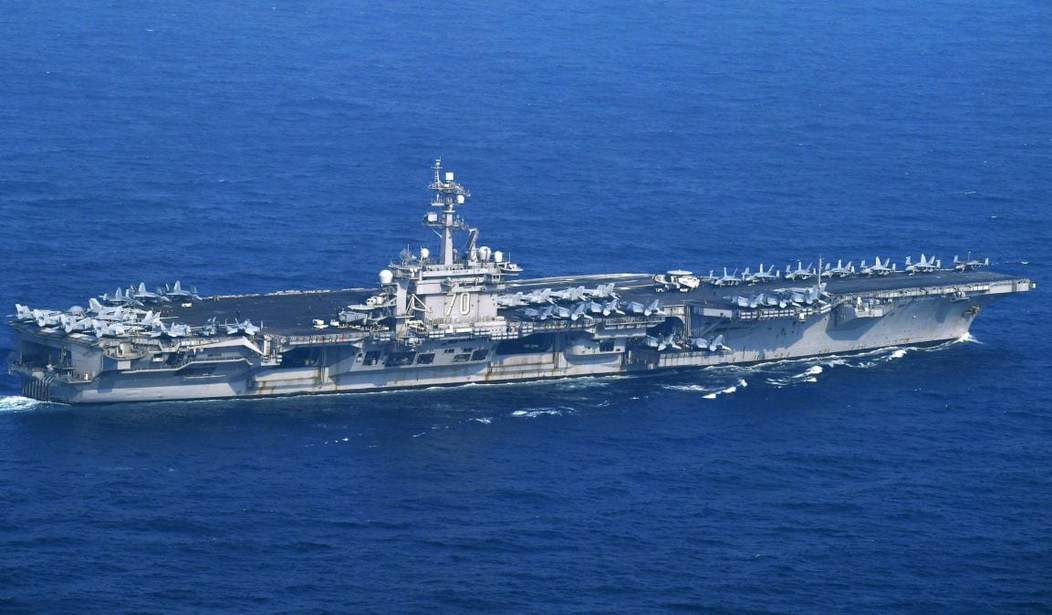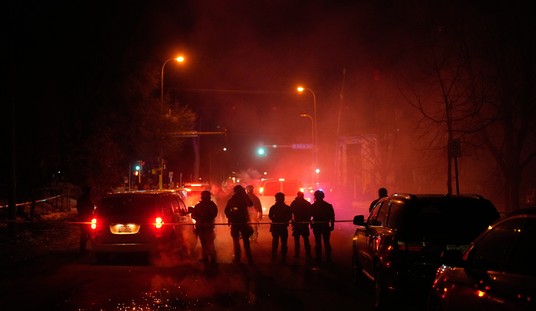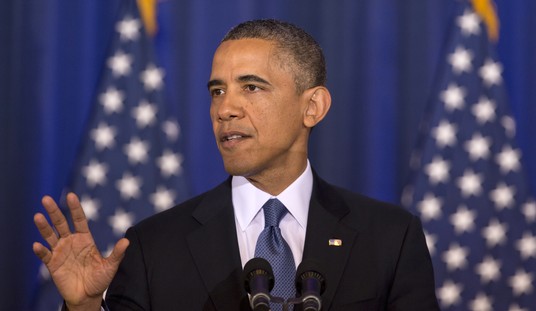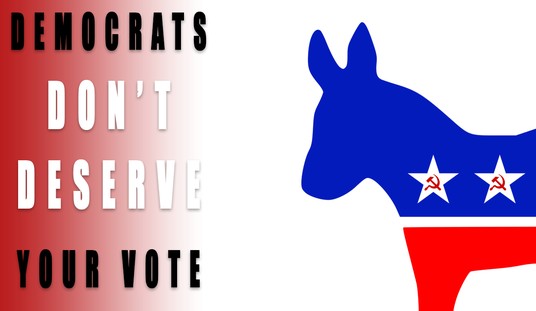For the last several weeks, the Trump administration has been sending mixed signals about our intentions toward North Korea. Two weeks ago, we appeared close to war when the administration warned North Korea against conducting another nuclear test, or testing its ballistic missiles. Then came the news that the president spoke with Chinese President Xi Jinping, who convinced him to back off the threat of bombing.
This was followed by the U.S. introduction of an anti-missile system into South Korea. Then came Secretary of State Tillerson’s eye-opening announcement that the Trump administration was seeking direct talks with North Korea. This was followed up by the president’s statement in a Reuters interview that “major, major conflict” with North Korea was possible.
Then, yesterday, the administration asked the UN and its members for more sanctions against the Kim regime.
As for Kim Jong Un, he has been consistently bellicose, threatening nuclear war if the U.S. attacks. In fact, Kim’s threats have become more bloodthirsty the more the administration talks of taking out the regime’s nuclear and ballistic missile infrastructure.
At the UN, Tillerson made it clear that unless the world community acted in concert to restrain North Korea, the U.S. would take matters into its own hands.
Secretary of State Rex Tillerson on Friday urged the United Nations Security Council to impose new economic sanctions on North Korea, warning of a “catastrophic” outcome if the world fails to block Pyongyang’s rush to develop a nuclear warhead that it can put atop a long-range missile.
In his debut speech at the U.N., Tillerson also urged Security Council members to further isolate Kim Jong Un’s government by suspending or downgrading diplomatic relations with Pyongyang, and threatened to slap penalties on third-party countries that don’t comply with existing sanctions.
Hours after Tillerson spoke, North Korea’s military launched a ballistic missile from north of Pyongyang that apparently crashed nearby or in waters just offshore. U.S. Pacific Command spokesman Cmdr. David Benham said in a statement that the missile “did not leave North Korean territory.”
The White House said President Trump was briefed on the launch. It’s not known if the missile was meant as a rebuke to the White House, or was just the latest of at least seven short- and mid-range missile tests Pyongyang has conducted this year, several of which have failed.
Either way, it served to keep nerves on edge in Washington and other capitals over North Korea’s growing nuclear capabilities, a threat that the White House considers its most immediate international concern.
“Failing to act now on the most pressing security issue in the world may bring catastrophic consequences,” Tillerson told the Security Council. “Additional patience will only mean acceptance of a nuclear North Korea.”
Unfortunately, America’s main “competitors” (or enemies, depending on your point of view) appear satisfied with allowing the U.S. to disentangle itself from its North Korean dilemma without their help — or the help of the UN.
After the missile launch, Trump on Friday tweeted: “North Korea disrespected the wishes of China & its highly respected President when it launched, though unsuccessfully, a missile today. Bad!”
But Tillerson found little support at the U.N. from China and Russia when he called for new penalties on entities and individuals that support North Korea’s nuclear and missile programs, and for nations to better enforce sanctions already in place, said to be among the most stringent ever used.
Tillerson called on nations to sever trade with Pyongyang, to discontinue guest worker programs involving North Koreans, and to ban imports, especially coal. China, which is the outlet for 90% of North Korea’s foreign trade, suspended all coal imports from the country in February.
The U.S. “would much prefer countries and people in question own up to their lapses and correct their behavior themselves, but we will not hesitate to sanction third country entities and individuals supporting [North Korea’s] illegal activities,” Tillerson said.
There are some in the U.S. who may devoutly wish for conflict with North Korea. Each provocation by Kim leads to more beating of the war drums, creating the perception that war is “imminent.” The problem is that, despite the mixed signals as Trump tries to walk the line between preparing for war and looking for help in deterring Kim from developing a full-blown nuclear capability, it’s clear that the president genuinely wants to avoid a conflict.
But events may transpire against his wishes. For every threat made by the administration, Kim appears to up the ante as his threats become wilder and more unbalanced. Secretary Tillerson says Kim is not “crazy.” That may be true in a clinical sense. But Kim sits atop a rickety pyramid of power, largely dependent on his ability to show no weakness at any time toward the U.S. or his domestic enemies. His paranoid worldview is not the product of a brain chemical imbalance, but of living in a regime closed off to the outside world in a way that perhaps only Iran would understand.
This does not leave much room for Kim to act “rationally” in any way that we could understand. That’s what makes the situation on the Korean peninsula so dicey and why some observers are saying the possibility is growing that we will go to war in the near future with North Korea.










Join the conversation as a VIP Member